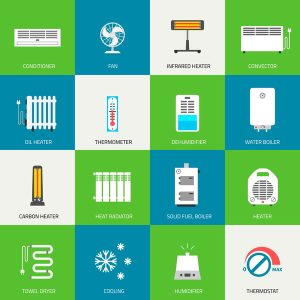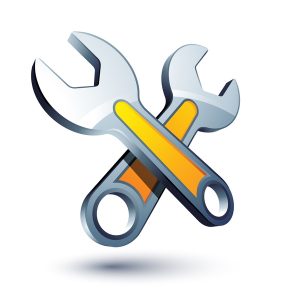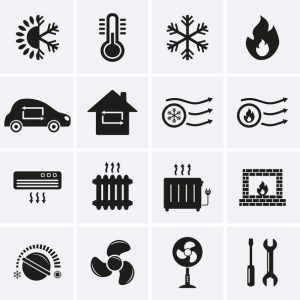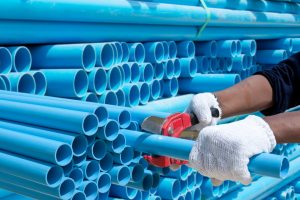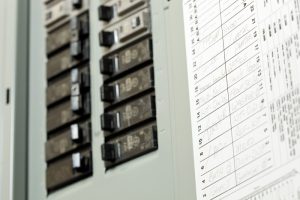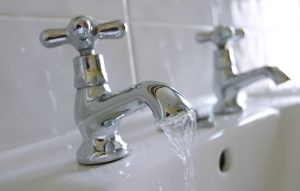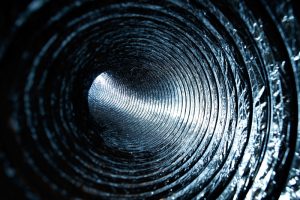When your HVAC system starts acting up, it’s easy to push repairs to the bottom of your to-do list—especially if the weather isn’t extreme. But waiting too long to call for service can turn a minor issue into a major, costly problem.
At Peaden, we’ve seen firsthand how delayed HVAC repair leads to system breakdowns, rising utility bills, and even safety hazards. Whether it’s the heat of summer, the chill of winter, or a mild spring afternoon in Semmes or elsewhere in Mobile County, AL, the time to schedule repairs is always now.
Here’s why prompt action matters—and how the Peaden Pros can help with HVAC repair in Semmes.


